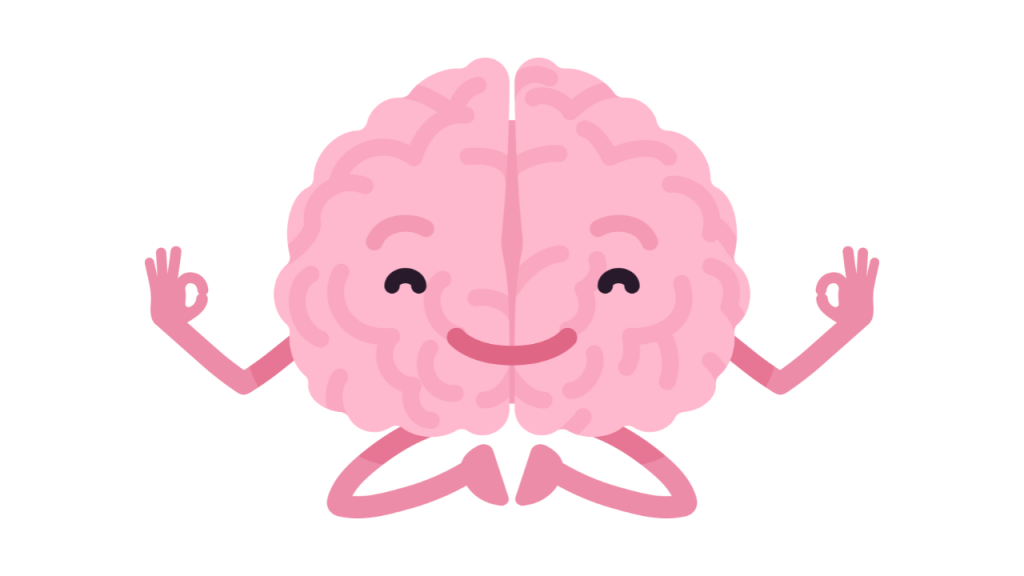The National Eligibility cum Entrance Test (NEET) is one of the most competitive medical entrance exams in India, and the preparation process can be extremely stressful. Students often face immense pressure to succeed, which can lead to anxiety, stress, and even burnout. However, it is crucial for students to find effective strategies to manage stress during NEET preparation in order to maintain their focus, productivity, and emotional well-being. This blog post will explore various techniques and strategies that can help NEET aspirants effectively cope with stress and achieve their full potential.
Understanding Stress During NEET Preparation
Stress is a natural response to challenges and pressures. During NEET preparation, students may experience stress due to factors such as:
- Academic workload: The vast syllabus and intense competition can create a sense of urgency and pressure to perform well.
- Time constraints: The limited time available for preparation can lead to feelings of anxiety and the fear of falling behind.
- Self-doubt and imposter syndrome: Students may question their abilities and feel inadequate compared to their peers.
- Parental and societal expectations: External pressures to succeed can add to stress levels.
- Financial concerns: The cost of preparation and potential career choices may be a source of worry.
Consequences of Unmanaged Stress
Unmanaged stress can have detrimental effects on NEET preparation, including:
- Cognitive impairment: Stress can interfere with focus, memory, and problem-solving abilities.
- Physical symptoms: Stress can manifest physically as headaches, muscle tension, stomach problems, and sleep disturbances.
- Emotional distress: Stress can lead to anxiety, depression, and irritability.
- Reduced productivity: Unmanaged stress can sabotage study plans and decrease motivation.
Effective Stress Management Techniques
To effectively manage stress during NEET preparation, students should adopt a holistic approach that encompasses physical, emotional, and cognitive strategies. Here are some proven techniques:
Physical Strategies
- Exercise regularly: Physical activity releases endorphins, which have mood-boosting effects. Aim for at least 30 minutes of moderate-intensity exercise most days of the week.
- Get adequate sleep: Sleep deprivation can exacerbate stress. Establish a regular sleep schedule and aim for 7-9 hours of quality sleep each night.
- Maintain a healthy diet: Nourishing your body with healthy foods provides energy, improves mood, and supports overall well-being.
- Practice relaxation techniques: Deep breathing exercises, meditation, and yoga can help calm the mind and reduce stress.
Emotional Strategies
- Identify and acknowledge stress triggers: Become aware of the situations and thoughts that trigger your stress.
- Practice self-care: Engage in activities that bring you joy and relaxation, such as hobbies, spending time with loved ones, or pursuing passions.
- Connect with others: Talk to friends, family members, or a therapist about your feelings and concerns. Seeking support can provide emotional relief.
- Challenge negative thoughts: Pay attention to your self-talk and challenge negative or self-defeating thoughts. Focus on positive affirmations and strengths.
Cognitive Strategies
- Set realistic goals: Break down your study plan into manageable chunks to avoid feeling overwhelmed.
- Prioritize tasks: Start with the most important tasks and allocate your time accordingly.
- Take breaks: Regular breaks help prevent burnout and improve focus. Step away from your studies for short intervals throughout the day.
- Practice time management: Use techniques like the Pomodoro Technique to optimize your study time and minimize distractions.
- Seek professional help if needed: If stress becomes overwhelming and significantly interferes with your preparation, consider seeking professional guidance from a therapist or counselor.

Additional Tips
- Create a positive study environment: Surround yourself with a supportive and motivating atmosphere.
- Minimize distractions: Identify and eliminate distractions during study sessions, such as social media or loud surroundings.
- Reward yourself: Acknowledge your accomplishments and celebrate your progress to maintain motivation.
- Seek support from peers: Join study groups or online forums to connect with other NEET aspirants and share experiences.
- Remember your purpose: Keep your long-term goals in mind and focus on the positive impact of your preparation.
Conclusion
Managing stress during NEET preparation is crucial for maintaining productivity, focus, and well-being. By adopting a holistic approach that incorporates physical, emotional, and cognitive strategies, students can effectively cope with challenges, reduce anxiety, and perform to the best of their abilities. Remember that stress is a natural part of the journey, and with the right tools and support, you can navigate the preparation process with confidence and achieve your dream of pursuing a career in medicine.
| MBBS without NEET in India: Eligibility, Fees (2025) |
| BUMS Admission Without NEET: Eligibility, Fees (2025) |
| How to Choose the Right Medical College after NEET Results |
Frequently Asked Questions
Q1: How can I manage anxiety during NEET preparation?
A: Practice relaxation techniques such as deep breathing, meditation, or yoga.
Q2: What are some time management strategies to reduce stress?
A: Create a structured study schedule, prioritize tasks, and take regular breaks.
Q3: How can I deal with negative thoughts and self-doubt?
A: Challenge negative thoughts and focus on your strengths. Seek support from friends, family, or a therapist.
Q4: How do I cope with the pressure to perform well?
A: Set realistic goals, don’t compare yourself to others, and focus on your own progress.
Q5: How can I take care of my physical health during NEET preparation?
A: Get enough sleep, exercise regularly, and eat a healthy diet.
Q6: How do I reduce distractions and improve focus?
A: Find a quiet study space, eliminate distractions like social media, and use techniques like the Pomodoro method.
Q7: What are some ways to relax and unwind after studying?
A: Engage in hobbies, socialize with friends, or pursue activities that bring you joy.
Q8: How can I prevent burnout?
A: Take regular breaks, set boundaries, and seek support when needed.
Q9: What should I do if I feel overwhelmed with stress?
A: Seek professional help from a therapist or counselor.
Q10: How can I maintain a positive attitude during NEET preparation?
A: Set realistic expectations, celebrate your successes, and focus on the long-term goal.

Hi there, I’m Dr. Danish, the person writing on Mini NEET. I’m a doctor, and I want to make it easier for you to understand the NEET exam and medical studies.
I know how tough it can be to get ready for NEET. That’s why I’m here to give you simple and helpful advice to make studying easier.
I want Mini NEET to be a place where you feel supported and encouraged. Whether you’re just starting out or already studying medicine, I’m here to help you succeed.
Let’s work together on Mini NEET to make your journey in medicine a little bit easier.


best information artical